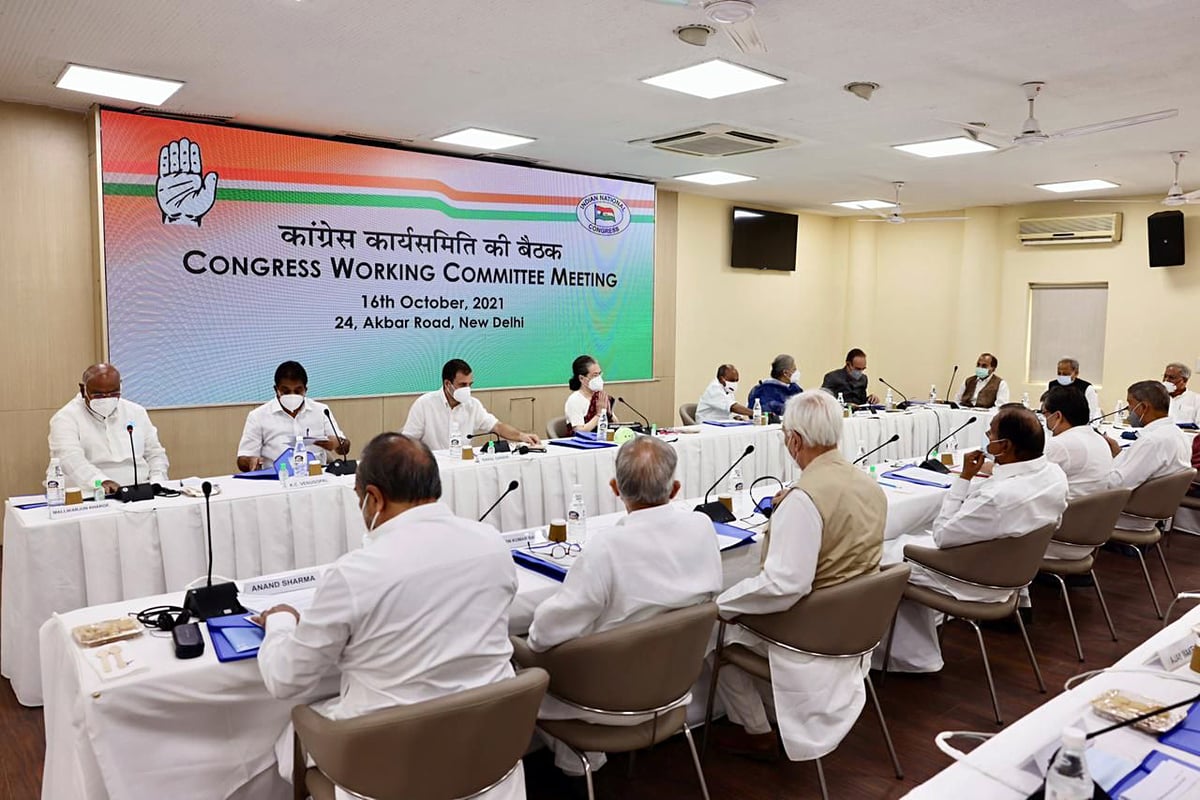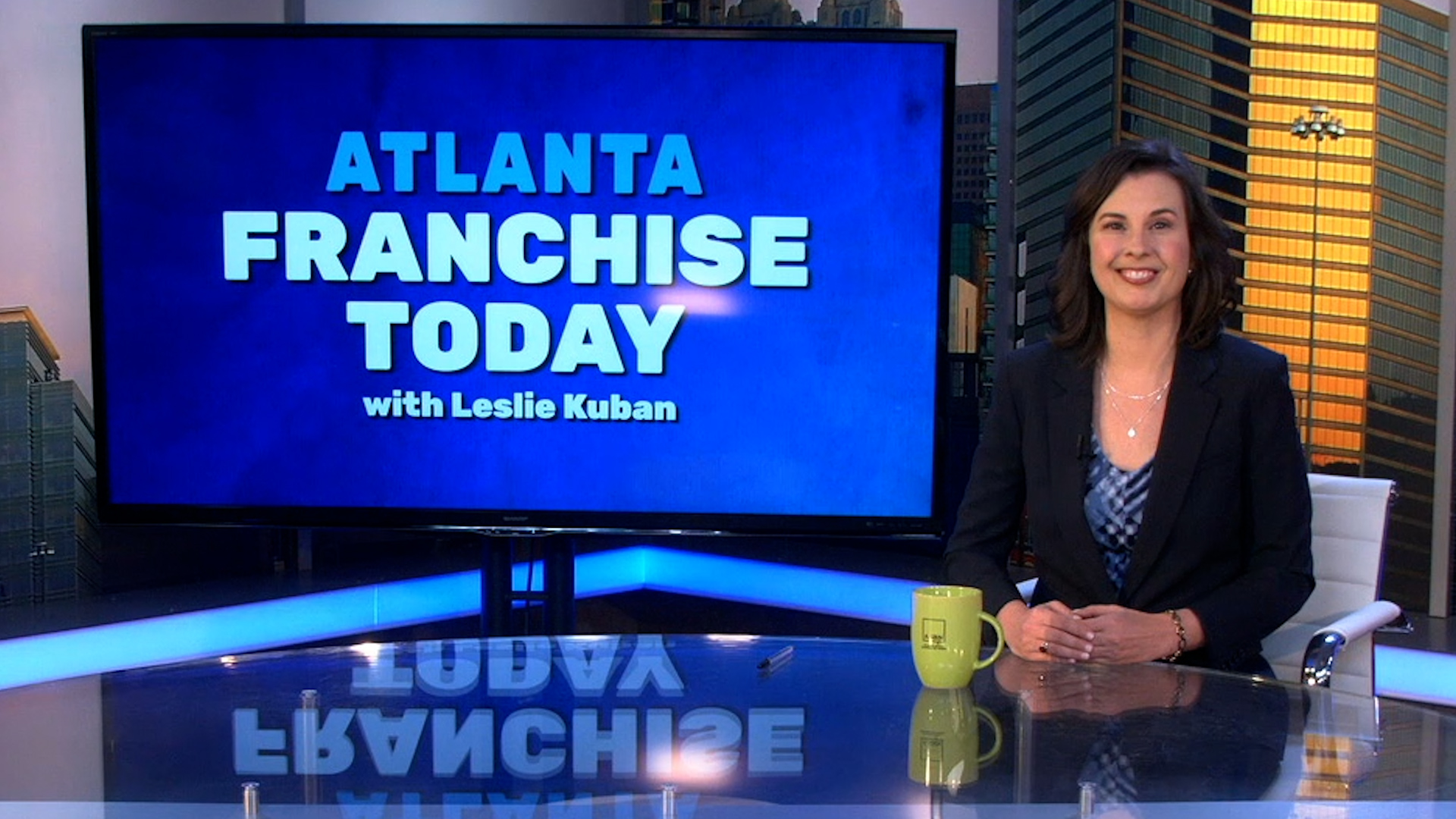While you’re here, don’t forget to sign up for our email newsletter for all the latest business news from the Atlanta Small Business Network know-how.
Welcome to another episode of Atlanta Franchise Today with host Leslie Kuban, expert franchise consultant and owner of FranNet Atlanta. Atlanta Franchise Today is dedicated to bringing entrepreneurs and business owners best practices and guidance for their franchise goals. TodayLeslie answers all your working capital questions.
Transcription:
Leslie Kuban:
Hey everyone, welcome to another episode of Atlanta Franchise Today. I’m your host, Leslie Kuban. A question I get asked frequently is, “How much money do I need to run my franchise = after I open my doors? In other words, how much working capital will I have? do I need to be successful?” Today I’m going to shed some light on how to think about working capital, but first some definitions and some basic information.
Leslie Kuban:
In a previous episode, I talked about the total investment of three buckets of silver you will need. The first is franchise fees, the second is one-time start-up costs, and the third is working capital, which is the money you’ll need to cover ongoing costs that you know you’ll have like the rent, payroll, and insurance. The first two are pretty straightforward, but the working capital category is the most variable and if underestimated you can really run the risk of being undercapitalized in your business.
Leslie Kuban:
It’s really important to understand that you and I, as individual franchise owners, are going to be making different decisions about how we run our businesses, and those different decisions will have a direct impact on the amount of working capital needed. An example is debt. Some franchise owners take out loans to start their business, others just self-finance their business, and the amount and type of debt is going to be a big factor in working capital requirements. Some debts have higher interest rates than others, so someone who doesn’t have a loan won’t need as much working capital as someone who does.
Leslie Kuban:
A second variable is the role in the business that the franchisee chooses to assume. Some franchise owners are very active in their business, others are semi-passive investors as they maintain another job or have another business and approach their franchise as a side business. If so, they will need to hire a strong manager early on and they will have a greater need for payroll compared to someone starting their business as an owner operator who runs the business themselves. .
Leslie Kuban:
A third variable is the size and speed at which you want to grow. Some franchisees want to switch very quickly to multi-units. If that’s the case, they’re going to need a bigger marketing budget, they’re going to need more working capital at the very beginning compared to a franchisee who opens more slowly and methodically. There are also external factors that come into play that affect working capital, such as geography. The cost of doing business in some parts of the country is much higher than in others. Rent, insurance and wages can vary greatly from region to region. Then there are the local regulations. Some cities or counties may require permits and licenses which have a cost that other areas will not.
Leslie Kuban:
The good news is that there are tools and strategies to help you understand your working capital needs based on your situation. A unique and wonderful aspect of franchising is how the government helps us. The Federal Trade Commission regulates how information must be disclosed to prospective franchise owners like you or me. There is a document that must be produced and updated every year called a franchise disclosure document. In franchise, we call it FDD for short. In future episodes, franchise attorneys will join me as we dissect and explain how to read and use this FDD to your best advantage.
Leslie Kuban:
The FDD breaks down the initial investment, the costs involved, and it estimates three months of working capital you will need for that particular franchise brand. But it’s really important to understand that this working capital statement is only an estimate and it really can only be an estimate due to these individual decisions and external factors that can cause increases or decrease this working capital. FDD is a great place to start, but we all need to ask ourselves a few more questions to be clear about what kind of working capital to expect. I have some tips on how to do this.
Leslie Kuban:
First, contact your local Chamber of Commerce in the city or county where you will be doing business and ask them if there are certain permits or ordinances for the industry you wish to enter that apply to their geographic area. particular. Second, as a business owner, you’re definitely going to want a CPA, so go ahead and identify who you’d like to work with long term and ask them what kind of costs they see similar types of businesses incur in the particular area.
Leslie Kuban:
The third, which is the simplest and most important, is to talk to other franchisees who are like you. If you are going to be going to a large suburban area, for example, talk to franchisees who will also operate in a large suburban area similar to yours. Their costs can be very different from those of other franchisees operating in more rural areas. If you are going to open multiple units very quickly and hire managers right away, you want to talk to franchise owners who are also approaching the business in this same strategy and understand what their costs were to do so.
Leslie Kuban:
You can’t be afraid to ask financial questions. I know it may be taboo in our culture but most franchisees have been in your shoes at some point in the past and as a result they will be generous and transparent and many of them were asking the same questions at the era you pose now , trying to make a good decision for their family, just like you. I hope this episode was helpful and you enjoyed it. Thanks for listening to Atlanta Franchise Today, and I’ll see you next week.
The Atlanta Small Business Network, from startup to success, we’re your go-to resource for small business news, expert advice, information and event coverage.

/cloudfront-us-east-2.images.arcpublishing.com/reuters/YOPBVOQRH5PKLDXMDQFDYX7CIY.jpg)










